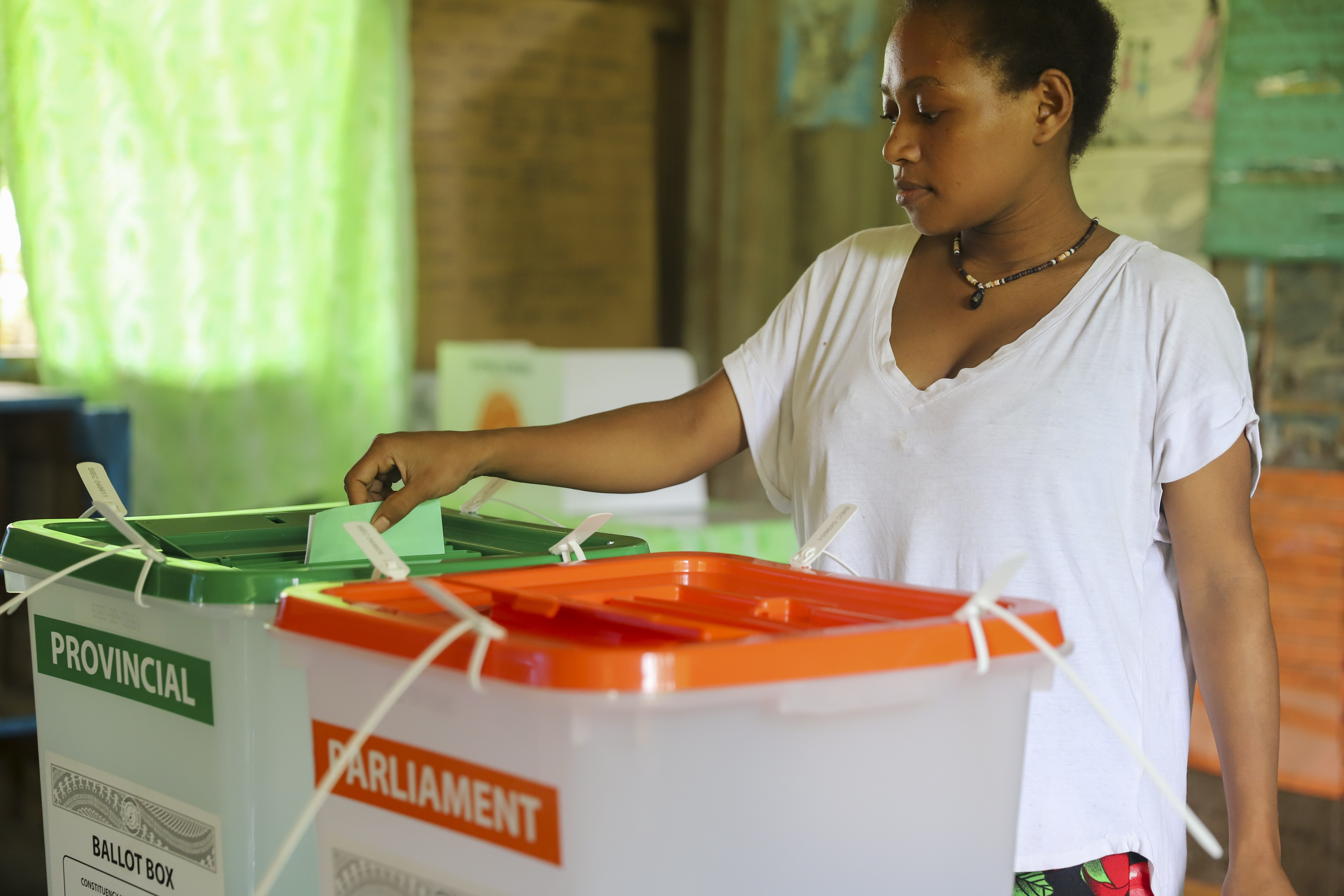
HONIARA - The party led by Solomon Islands' incumbent Prime Minister Manasseh Sogavare won most seats in the country's parliamentary election, with no party or political coalition garnering an overall majority, national broadcaster SIBC reported on Wednesday local time.
The Ownership, Unity and Responsibility Party (or Our Party) led by Sogavare won 15 seats out of 50 in the new parliament, according to SIBC.
A total of 334 candidates vied for 50 seats in the parliamentary election, which was held on last Wednesday
The opposition Coalition for Accountability Reform and Empowerment (CARE), which consists of the Solomon Islands Democratic Party (eight seats), the Democratic Alliance Party (four seats) and UMI for Change Party (one seat), had 13 seats altogether.
The Solomon Islands United Party secured seven members while the Solomon Islands People First Party won three seats. The Kandere Party and the Solomon Islands Party for Rural Advancement each had one member.
ALSO READ: Report: Solomon Islands' prime minister Sogavare re-elected to parliament
Meanwhile, 10 independent candidates have been elected as members of parliament.
A total of 334 candidates vied for 50 seats in the parliamentary election, which was held on last Wednesday. Party-affiliated candidates outnumbered independent candidates by 219 to 115.
The formation of a new government is likely to hinge on coalition-building efforts between the major parties. Both the CARE coalition and Our Party may need to negotiate and form alliances with smaller parties or independent candidates to secure a majority in the parliament.
The presence of 10 independent candidates adds an element of unpredictability to the political scenario. Depending on their allegiances and negotiations, independent candidates could sway the balance of power during coalition talks.


